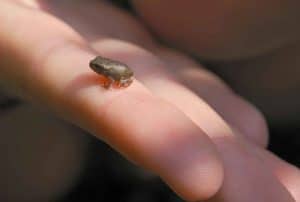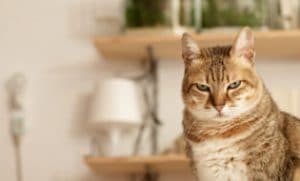Small refers to size. It is the opposite of big or large.
Elephants are large, cats are small and rats are smaller still.
They have bought a small house in the city.
The small hours = the early hours (1 am to 4 am.)
Small talk = talk about unimportant things.
She is on the small side. = She is a little too small.
In many cases both small and little are possible. However, little is preferred in cases where we also want to express some sort of emotion.
Poor little thing. (More natural than ‘Poor small thing’.)
She is a pretty little woman.
Both little and small are possible in some fixed expressions. Examples are:
Little finger / small finger
The little hand of the clock / the small hand of the clock
British and American English differences
In British English, little is not normally used in the predicative position (after a verb). Comparative and superlative forms are also much less common. In American English, little is normal in the predicative position. Comparative and superlative forms are also very common.
She is the littlest woman I have ever seen. (US)
She is the smallest woman I have ever seen. (GB)
Little can mean hardly at all.
I have little interest in politics.
A little means rather.
She is a little better today.
Little by little = gradually
Her health improved little by little.
Here are the top 10 collocates (words that appear nearby) for “little”:
- bit
- girl
- boy
- nervous
- cute
- precious
- incentive
- resemblance
- mermaid
- bitty
And here are the top collocates for “small”:
- town
- business
- relatively
- bowl
- amount
- size
- percentage
- pieces
- sample
- farmers
predicative adjectives
Most adjectives can be used in two positions. When they are used before the noun they describe, they are called attributive:
a black cat
a gloomy outlook
a slow journey
a large suitcase
When they are used after a verb such as be, become, grow, look, or seem, they’re called predicative:
The cat was black.
The future looks gloomy.
The journey seemed slow.
They were growing tired.

